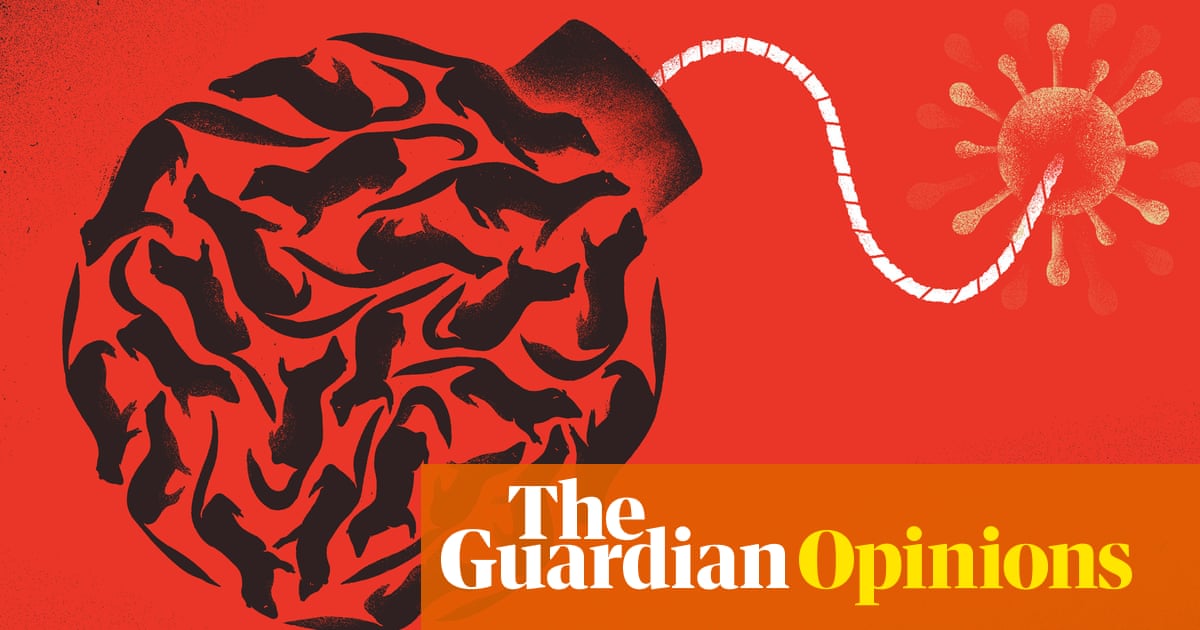
If, as many predict, the world is in for an economic recession in 2019, we will probably be able to pinpoint its beginning with unusual precision.
At 6 p.m. eastern standard time on Jan. 2, Apple, the iPhone and computer manufacturer, shocked Wall Street with a warning that revenues would be down for the current year. It was the first time in 16 years that Apple had forecast a fall in revenues.
Apple shares crashed 10 percent on opening the following day, prompting a similar fall in US equity indices that reverberated around the world over the next 24 hours. The malaise that had afflicted global stock markets in the final quarter of 2018 seems destined to continue into 2019.
The mini-crash showed what an icon Apple has become in the global economy. Forget Hollywood, McDonalds and Starbucks — the real symbol of American “soft power” in the 21st century is the manufacturer of the iPhone and other computer devices that everybody, it seems, must own.
Except they do not want to own them as much as they did before, especially in China. The main factor behind the revenue decline was falling sales of new iPhones in China, which has been both a major market and manufacturing center for the company.
The main factor behind the revenue decline was falling sales of new iPhones in China.
Frank Kane
Tim Cook, Apple chief executive, blamed the fall on slowing economic growth in China for iPhones, Mac computers and iPads, which was a neat way of passing the blame to the anonymous world of macro factors beyond his control.
There was a suggestion too that sales in China had been affected by the simmering trade war with the US, but no real hard evidence to back that up. So far, tariffs imposed by President Donald Trump have largely affected commodity materials such as steel and aluminum coming into the US, while the Chinese retaliation has been against a symbolic variety of items such as soya beans and some beverages deemed to be quintessentially American.
It is probably true that Chinese consumer appetite for a product such as Apple would be marginally affected by anti-American sentiment, but on the other hand the cachet of the iPhone is so powerful that you would expect Chinese shoppers to mostly resist the patriotic urgings of their leaders, much as Soviet consumers did with “yankee” products such as Levis jeans in the communist era.
Tech analysts, however, thought there were other reasons for the fall in demand for iPhone and Macs in China. Apple — used to charging a premium for their American-designed product — was simply pricing itself out of the market.
Raising prices has been a standard feature of the Apple marketing strategy for years, as customers were keen to pay what it took to get their hands on the newest device. This culminated in the first $1,000 phone, the iPhone X, which was regarded as a quantum leap in technological standards and worth the extra cash.
But nobody can really see why the XS is worth an extra premium, and the whole strategy behind the XR — a more affordable version of the X — seems flawed. When Apple has been criticized for asking people to pay more and get less, it is very confusing to introduce another version that actually promises less.
In the UAE, the price differential between Apple and other products is alarming. It can be as much as 2,000 dirhams ($540) in comparison with similar mobile models from Asian manufacturers. Even within the Apple range, there can be as much as 1,000 dirhams’ difference on an iPhone X bought from an authorized Apple dealer — one of the big stores in the mega-malls — and the same device, certified and guaranteed, bought from an independent retailer.
This suggests that Apple has fallen victim to the failings of others in American “Big Data,” such as Facebook, of arrogantly assuming consumer demand for its products is forever constant, regardless of geopolitical factors or pricing considerations.
So there you have Apple at the beginning of 2019: A vital component of the American business and financial scene, but beset by problems in its marketing strategy exacerbated by other issues largely brought about by Trump’s actions. It could be a metaphor for the global economy.
Frank Kane is an award-winning business journalist based in Dubai. Twitter: @frankkanedubai
Disclaimer: Views expressed by writers in this section are their own and do not necessarily reflect Arab News" point-of-view












